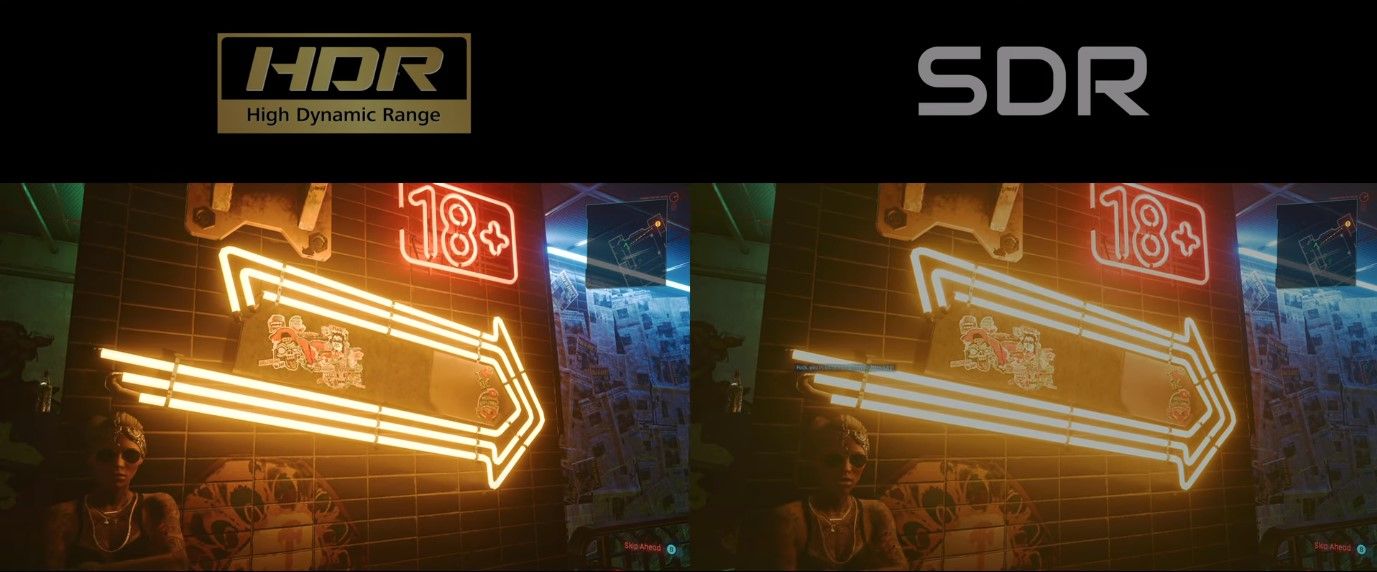Quick Links
In recent years, the landscape of gaming visuals has undergone a transformative shift with the advent of High Dynamic Range (HDR) technology. Unlike conventional displays that often struggle to capture the full spectrum of brightness and color that the human eye perceives, HDR-enabled displays offer a more immersive and lifelike experience. By combining expanded dynamic range, wider color gamut, and increased bit depth, HDR technology aims to bridge the gap between virtual worlds and reality, promising unprecedented levels of realism and immersion for gamers.

The Best Curved OLED Gaming Monitors for 2024
Discover the top curved OLED gaming monitors. Dive into features, specs, and expert monitor recommendations for an unmatched gaming experience.
Even though many TVs and monitors boast HDR capabilities, HDR support still hasn’t become a top priority for most gamers. The question remains whether HDR makes a difference in gaming, and if so, is the HDR gaming experience enough to justify the investment?
What is HDR?
At its core, HDR technology operates on the principle of enhancing visual content to mirror the natural world more accurately. HDR technology enhances visual content by combining three essential elements: expanded dynamic range, wider color gamut, and increased bit depth.
These elements go hand-in-hand to achieve what HDR promises. The expanded dynamic range ensures that details in both the darkest shadows and brightest highlights are preserved, resulting in images that are more lifelike and immersive. Wider color gamut allows for the portrayal of more vibrant and saturated colors, replicating the richness of the natural world. Increased bit depth minimizes color banding and visual artifacts, ensuring smooth transitions between shades and preserving the integrity of the image.
In addition to the aforementioned elements, HDR technology relies heavily on HDR formats and metadata to deliver optimal visual fidelity and realism. HDR formats, such as HDR10, Dolby Vision, and HDR10+, define the standards for encoding and decoding HDR content, ensuring compatibility across different devices and platforms. These formats dictate parameters such as peak brightness, color depth, and mastering display metadata, which are crucial for maintaining consistency in HDR rendering.
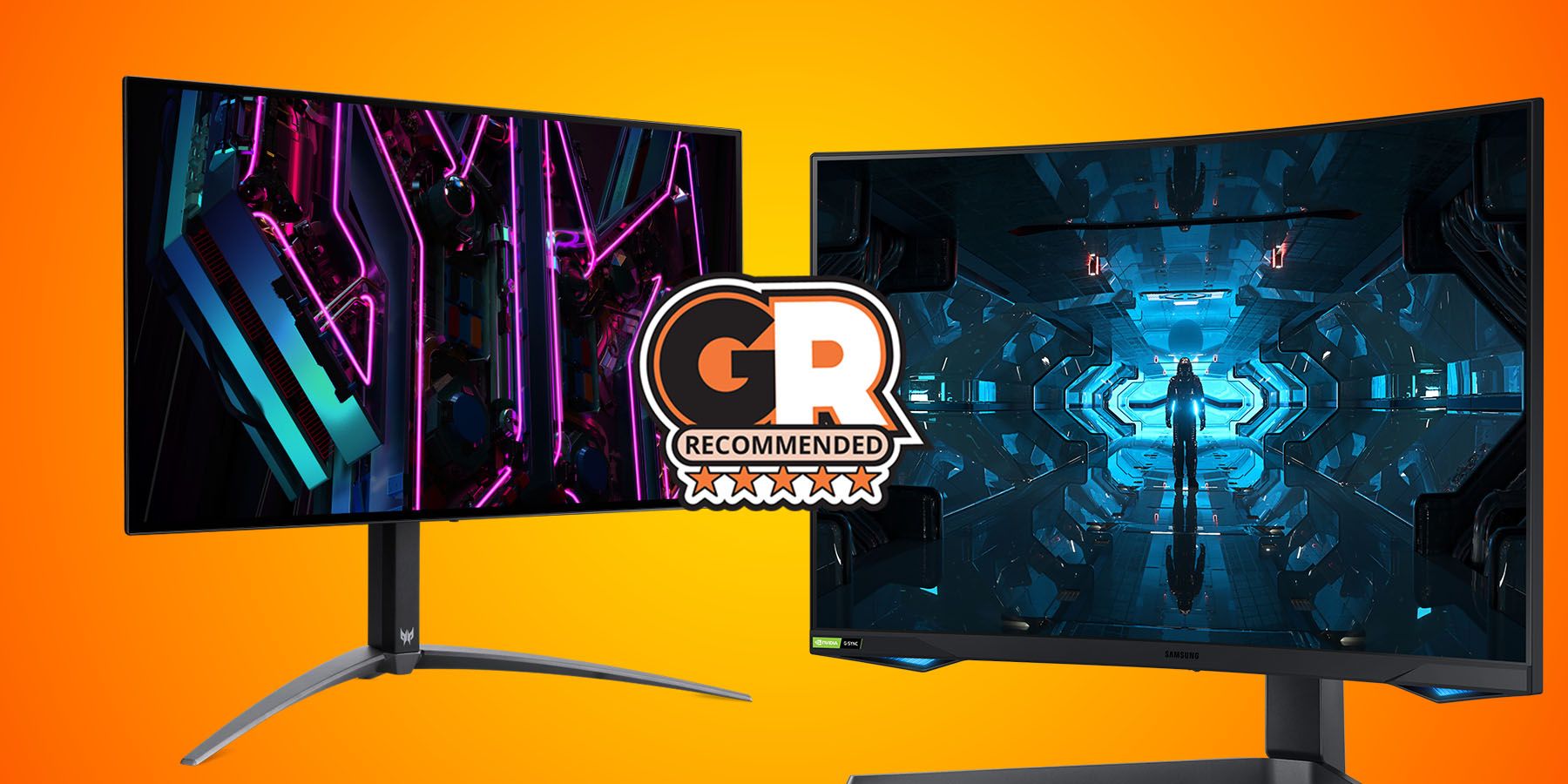
The Best High Refresh Rate Monitors for 2024
With these premium monitors, gamers can experience great fluidity through high refresh rates for smooth gameplay.
Dynamic metadata formats, such as HDR10+ and Dolby Vision, are pivotal in enhancing the HDR viewing experience by providing scene-by-scene or even frame-by-frame instructions for tone mapping and color grading. Unlike static metadata (HDR10), which applies uniform adjustments to the entire content, dynamic metadata allows for adaptive adjustments based on the specific characteristics of each scene. This dynamic approach ensures that HDR content is rendered with optimal brightness, contrast, and color accuracy, regardless of the complexity of the scene.
Does HDR Gaming Require an HDR Display?
To fully leverage the benefits of HDR technology, an HDR-compatible display is essential. These displays, whether in the form of televisions or monitors, are equipped with high peak brightness, support for a wide color gamut, and at least 10 bits per channel. However, not all displays labeled as HDR are equal. A display with more dimming zones and a higher peak brightness will deliver a substantially better HDR experience. Therefore, a budget gaming monitor with HDR isn't an absolute win, as the HDR is likely to be lackluster.
Just like 4K gaming, one needs 4K content in addition to 4K hardware to enjoy the experience. Accessing genuine HDR content can also be challenging, particularly in gaming. Developers must integrate HDR into their games, leading to varying quality in HDR experiences. While some games benefit greatly from HDR, others may appear dull.
HDR Gaming on PC
When it comes to PC gaming, actualizing the full potential of HDR technology is fraught with challenges. One of the primary hurdles faced by PC game developers is the lack of uniformity in HDR monitor performance. While some gaming monitors boast impressive peak brightness and contrast ratios, many fall short of delivering the level of HDR performance required for an immersive gaming experience.
The abundance of monitors with subpar HDR capabilities, coupled with the absence of dynamic metadata support in most PC displays, poses a significant obstacle to achieving consistent HDR rendering.
The reluctance of developers to invest substantial resources in optimizing HDR for PC monitors further complicates matters. The need to create separate versions of games for HDR and SDR displays increases the development workload and may lead to disparities in HDR implementation across titles. As a result, PC gamers may find themselves grappling with inconsistent HDR experiences, where the quality of HDR rendering varies widely from one game to another.
All in all, the HDR gaming experience depends on two factors: how well the gaming monitor supports HDR, and how well the developer has integrated the technology into their HDR game title. If one of these two is amiss, which is likely, the HDR experience will end up being lackluster.
Despite these challenges, there are exceptions to the rule, with a handful of high-end monitor brands offering superior HDR performance. A proper HDR gaming monitor paired with a brilliant HDR game like Forza Horizon 5 or Cyberpunk 2077 can make the visuals significantly more vivid and life-like.
Thankfully, HDR gaming monitors have improved in recent years, with OLED gaming monitors starting to pave their way through the market. Still, only a few monitors support dynamic HDR formats such as Dolby Vision and HDR10+. This narrow collection of monitors is even further culled since most aren't gaming monitors.
Game ZXC’s Collection of the Best HDR Monitors
-
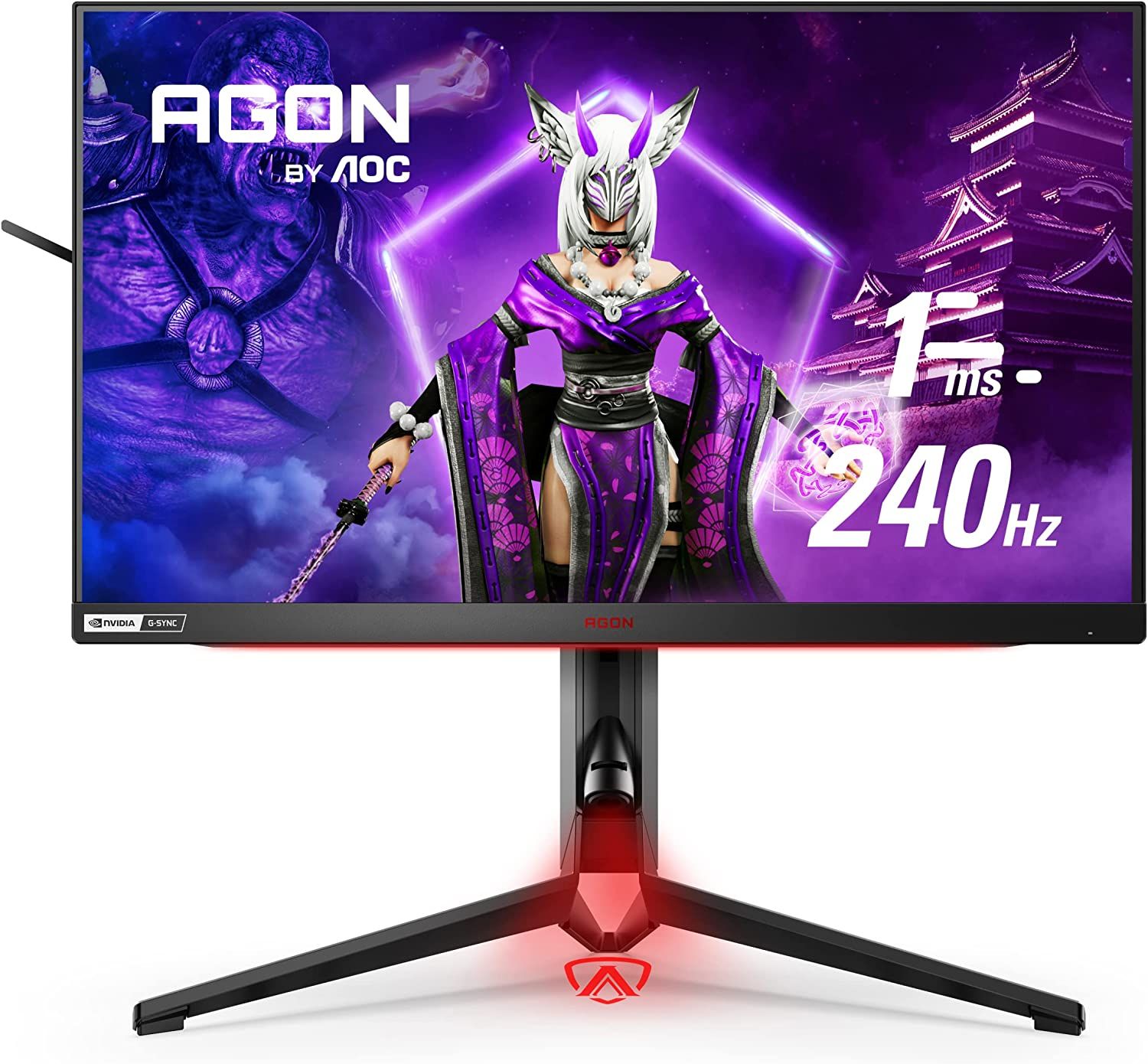
AOC Agon PRO AG274QG Gaming Monitor
The AOC Agon PRO AG274QG is a 27-inch gaming monitor featuring a 2K Quad HD 2560x1440 resolution IPS panel, delivering high-quality visuals and vibrant colors. With a 240Hz refresh rate and a 1ms GTG response time, this monitor enables precise targeting and a competitive edge in gaming.
The monitor utilizes G-SYNC compatible VRR technology for smooth, tear-free gameplay and stutter-free loading times. Its Mini-LED panel provides exceptional contrast, producing bright whites, deep blacks, and 576 local dimming zones. -
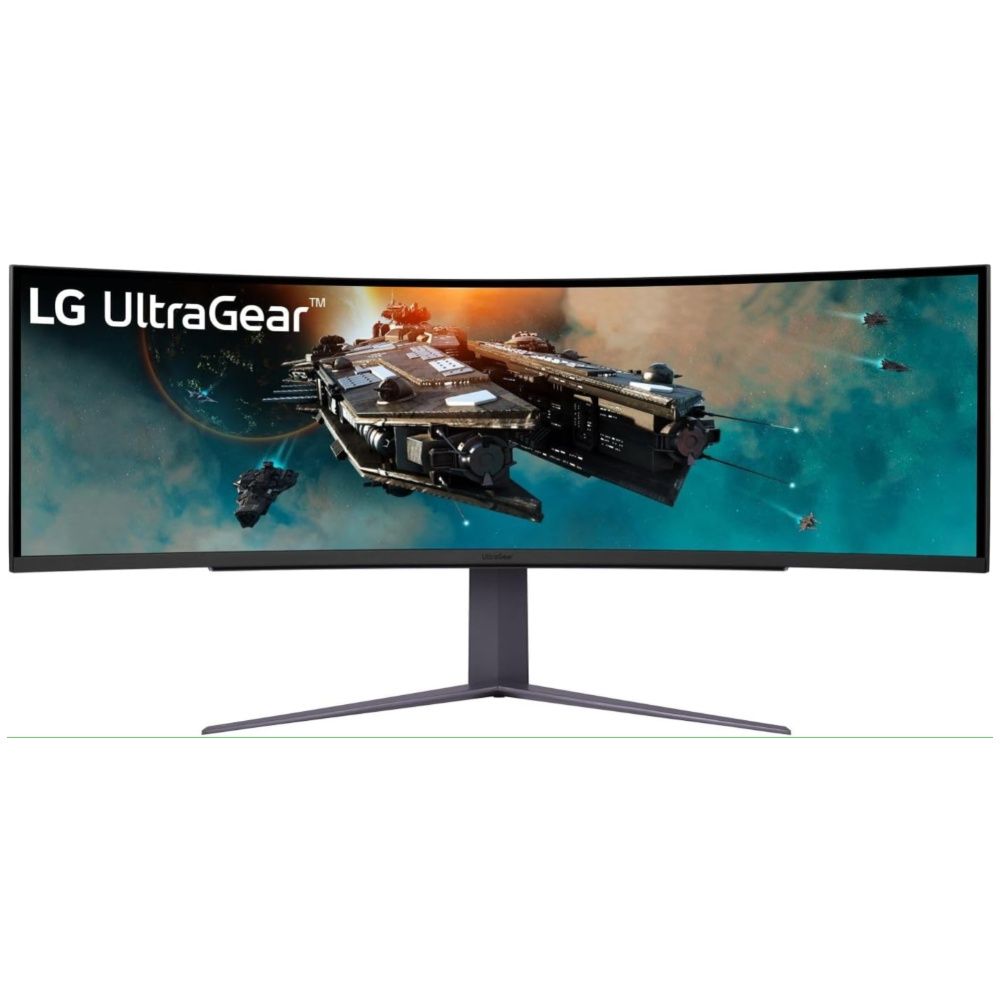
LG UltraGear 49-inch Monitor (49GR85DC-B)
This super-ultrawide 49-inch behemoth delivers an immersive and vibrant gaming experience. Its Nano IPS panel has DisplayHDR 1000 certification guaranteeing breathtaking HDR with deep blacks and stunning colors.
-
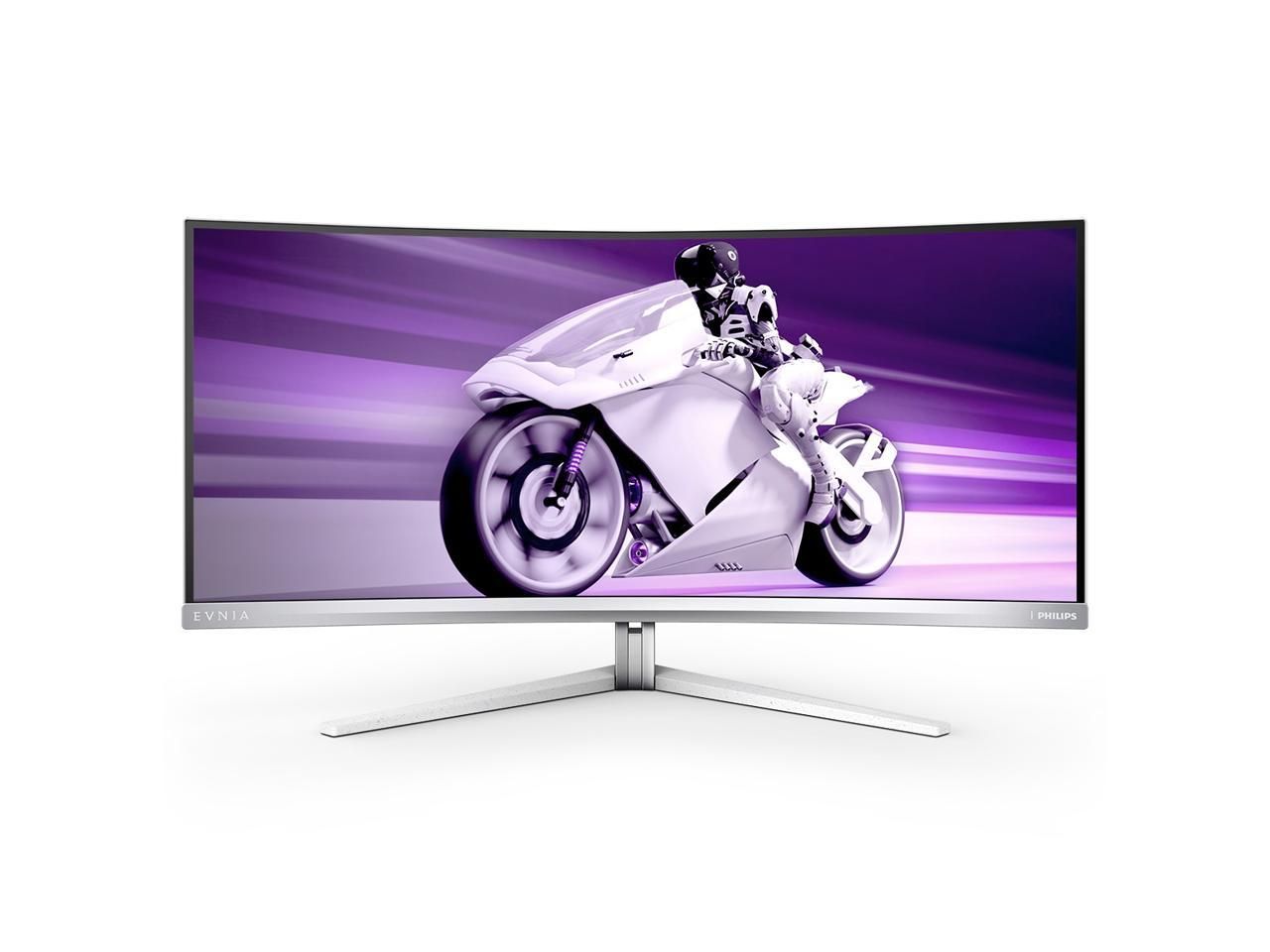
PHILIPS Evnia OLED Curved Gaming Monitor
An OLED display means true blacks and infinite contrast, taking HDR visuals to the next level. Its curved design, great color accuracy, and HDR400 support solidify the Philips Evnia as a fantastic choice for immersive HDR gaming.
-
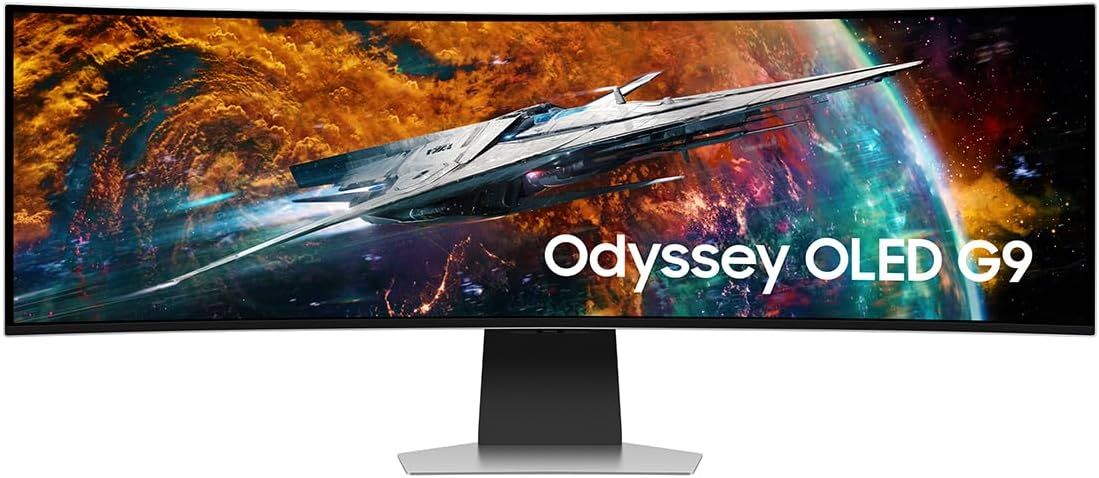
Samsung Odyssey OLED G9
A curved super-ultrawide display with the incredible contrast and pixel-level control of a QD-OLED panel. The DisplayHDR True Black 400 certification ensures deep, inky blacks, making HDR content exceptionally vivid
-
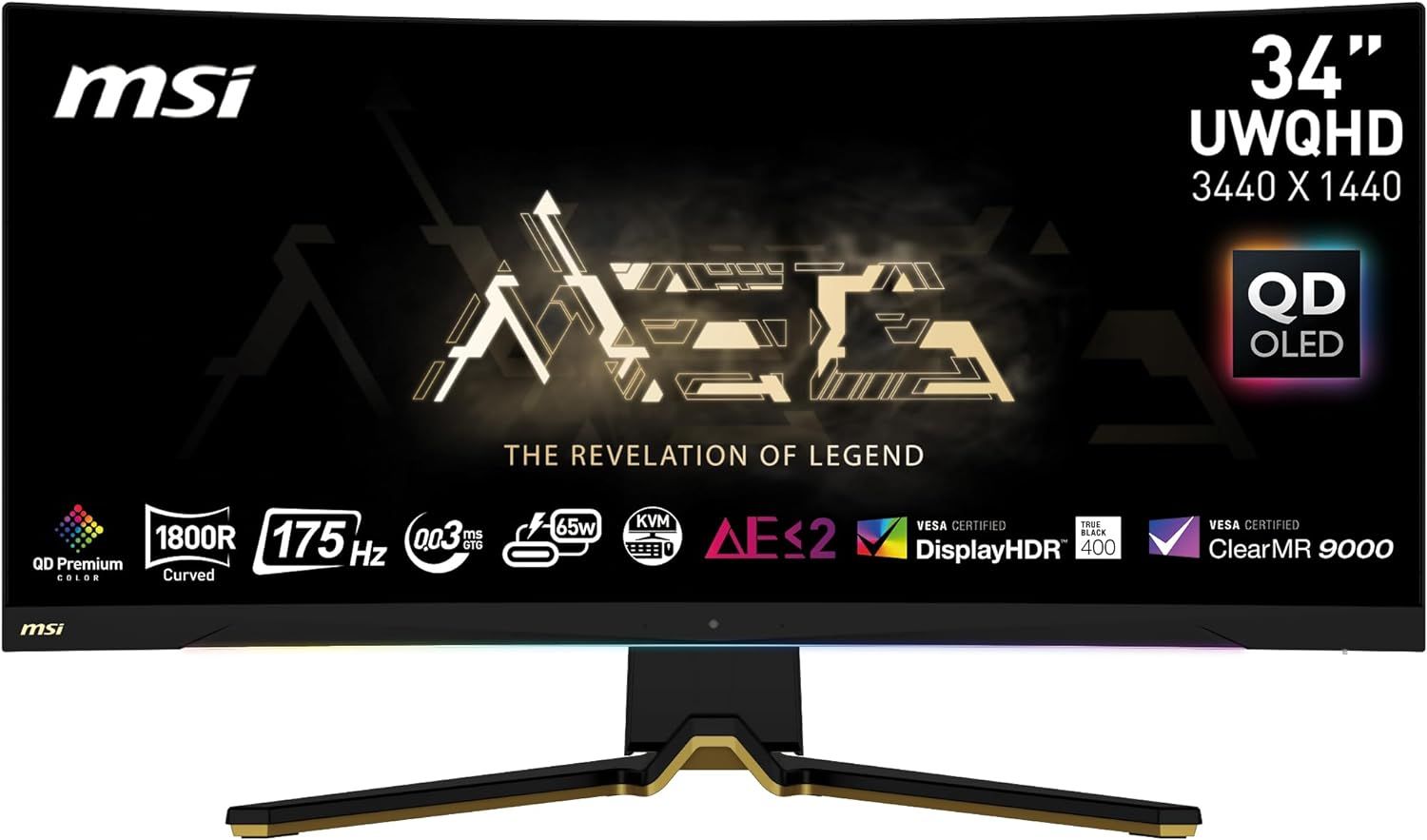
MSI MEG 342C Curved Gaming Monitor
The MSI MEG 342C boasts a vibrant QD-OLED panel with a speedy 175Hz refresh rate, giving you both beautiful HDR imagery and smooth gameplay. DisplayHDR 400 compliance for a solid HDR experience.
-
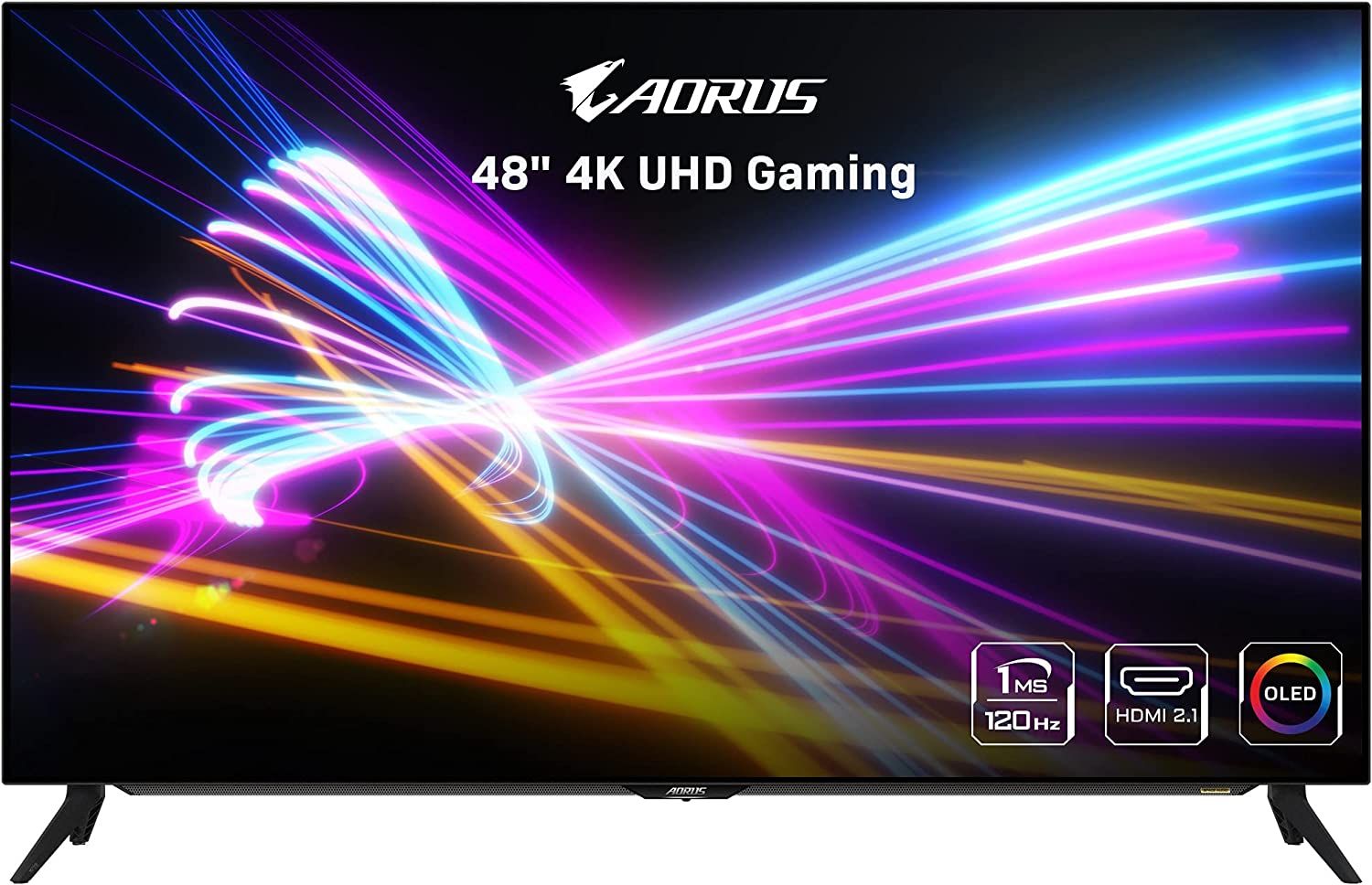
Gigabyte AORUS FO48U 48" 4K OLED Gaming Monitor
Giant 48-inch OLED display for the ultimate HDR immersion. 4K resolution delivers extra detail, while the OLED's perfect blacks and vast color range make HDR games pop.
HDR Gaming on Consoles
The landscape of HDR gaming on consoles presents a more optimistic outlook. With consoles like the Xbox Series X boasting advanced HDR capabilities and a growing library of HDR-enabled titles, console gamers are poised to enjoy a more standardized and immersive HDR gaming experience.
One of the key advantages of HDR gaming on consoles is the consistency in hardware specifications, ensuring that developers can optimize their games for a predefined set of HDR features. This standardized approach, coupled with the increasing popularity of HDR-enabled TVs, incentivizes developers to allocate resources toward optimizing their titles for HDR.
OLED is king when it comes to contrast. The inherent advantages of OLED technology, such as infinite contrast ratios and precise color reproduction, elevate the visual quality of HDR content on TVs. While OLED gaming monitors are relatively limited in availability, OLED TVs have become increasingly common, providing console gamers with access to premium HDR experiences.
Another factor contributing to the superior HDR performance of televisions compared to PC monitors is the widespread support for dynamic metadata formats. If a TV doesn’t support high-end Dolby Vision, it still supports HDR10+. Both of these are dynamic metadata formats, meaning that the HDR technology will extract the most out of each scene.
Game ZXC’s Collection of the Best HDR TVs
-

Samsung QN55S90CAFXZA 55-inch OLED 4K Smart TV
$1298 $2500 Save $1202The Samsung S90C OLED TV delivers spectacular HDR performance thanks to its self-illuminating pixels, offering perfect blacks and incredible contrast for super-detailed HDR imagery.
-

LG G3 65 Inch OLED EVO TV
$2600 $3300 Save $700Featuring LG's brighter OLED EVO technology, the LG G3 offers exceptional peak brightness for HDR content that truly pops. Combined with OLED's inky blacks, the LG G3 guarantees unparalleled HDR depth.
-

SAMSUNG 50-Inch Class Neo QLED 4K QN90B Series 4K TV
With precise Mini LED dimming zones, the Samsung QN90B QLED TV offers excellent localized contrast and peak brightness. This ensures impactful HDR visuals with less blooming (light bleed) than traditional LED TVs.
-
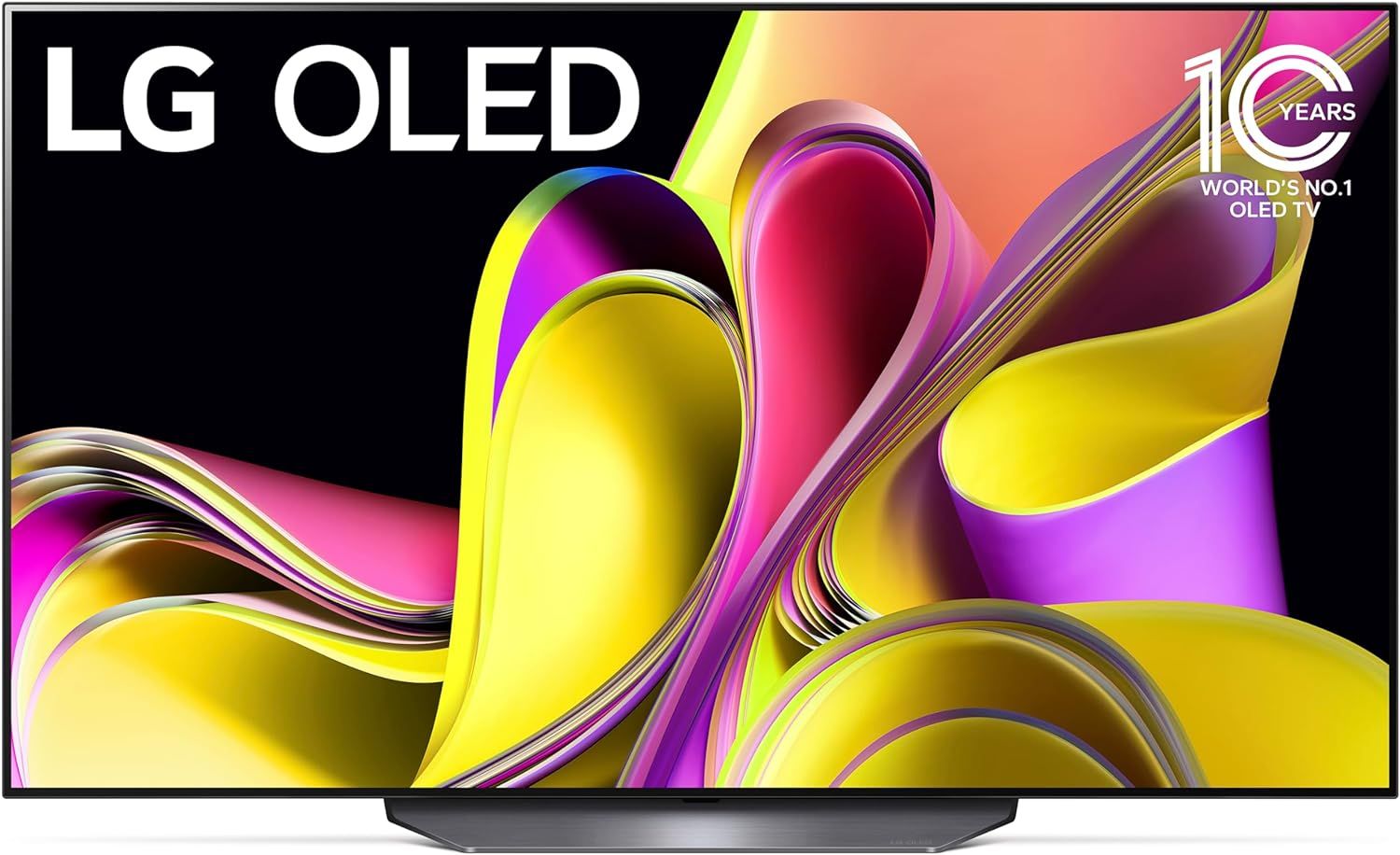
LG B3 Series 55-inch Class OLED Smart TV
A more budget-friendly OLED offering, the LG B3 still provides the core benefits: perfect blacks, infinite contrast, and vibrant colors. This combination makes HDR visuals incredibly compelling.
-
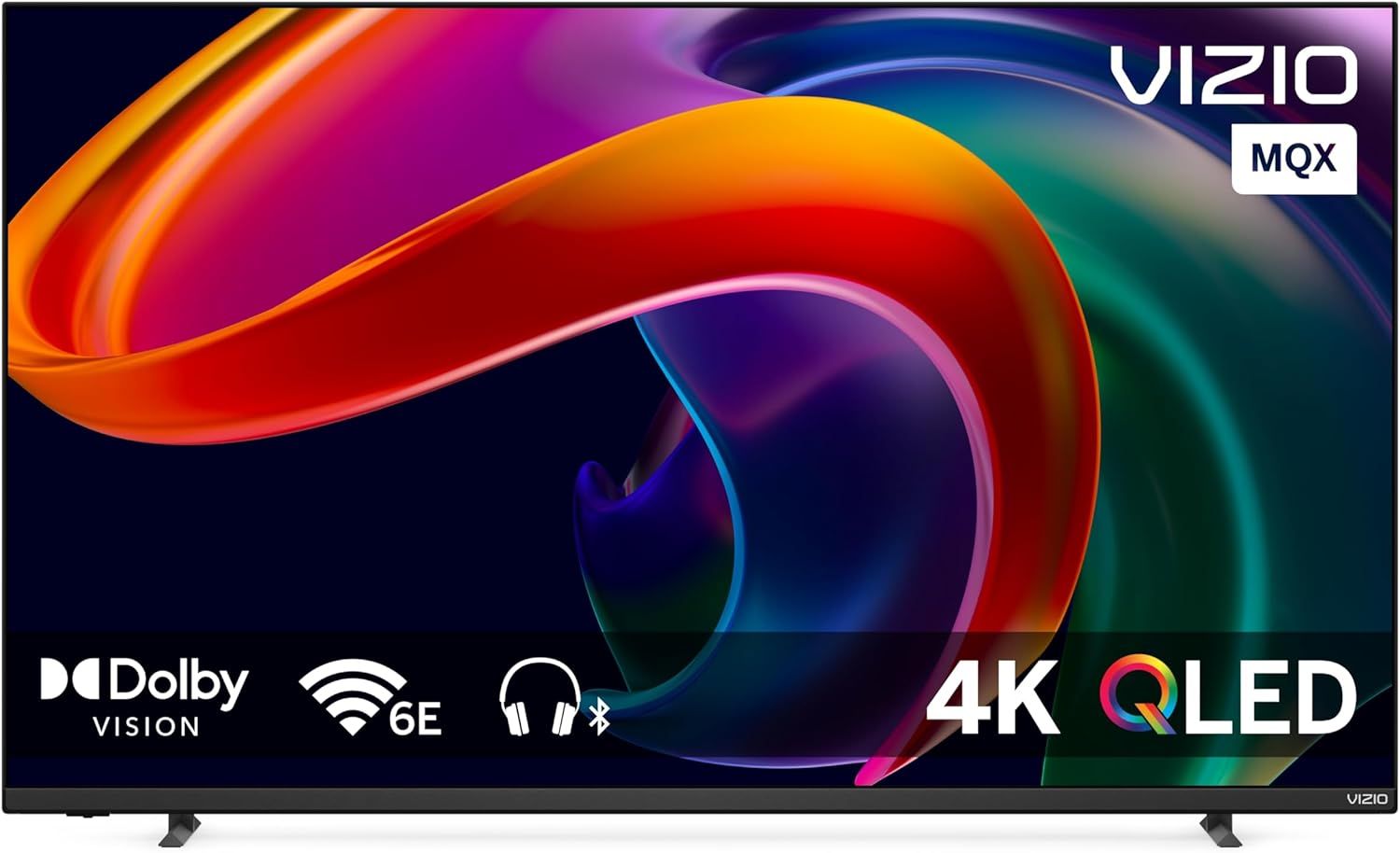
VIZIO 50-inch MQX-Series 4K 120Hz QLED HDR10+ Smart TV with Dolby Vision
The Vizio QMAX Series QLED TV offers very high brightness and a wide color gamut, crucial for vibrant, colorful HDR. Support for Dolby Vision further enhances precision and dynamic HDR performance.
-
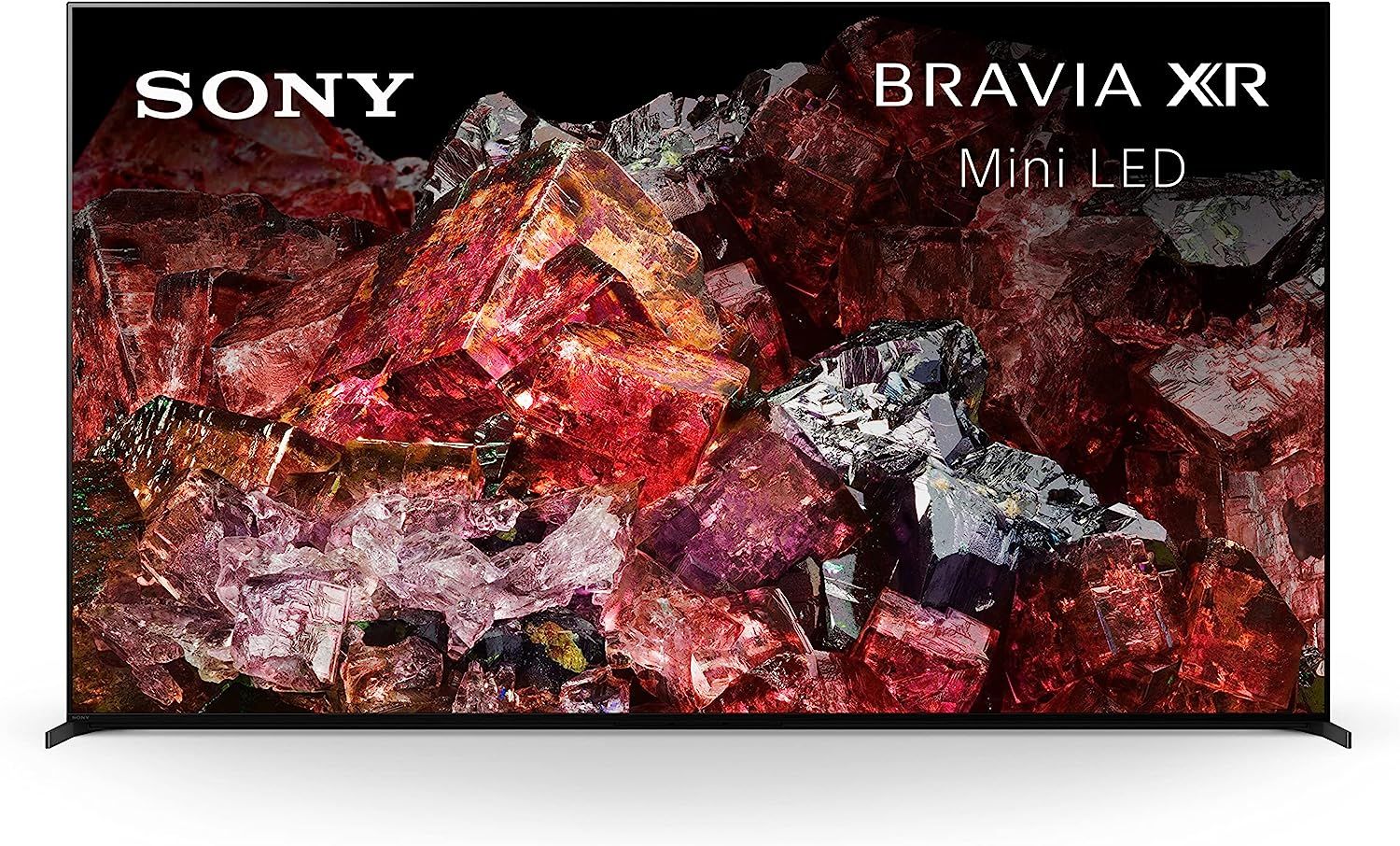
Sony BRAVIA XR 85” Class XR-85X95L Mini LED TV
$4199 $4299 Save $100Sony's superb image processing paired with the bright, precise dimming of a Mini LED backlight produces punchy and detailed HDR visuals on the Sony BRAVIA XR TV.
Verdict: Is HDR Gaming Worth It?
HDR is an incredible technology in theory, but unlike other display technologies, there isn't a single HDR standard. The way each display and developer integrates HDR is different, and thus the HDR gaming experience is not consistent. However, when all factors align correctly, HDR gaming is downright brilliant.
In PC gaming, HDR presents unique challenges due to the variability of HDR monitors and developers' reluctance to invest significant resources in optimizing HDR for a wide range of displays. While some high-end monitors offer superior HDR performance, the majority struggle to deliver an immersive HDR gaming experience, hindered by factors such as insufficient brightness, contrast, and dynamic metadata support.
Conversely, HDR gaming on consoles benefits from more standardized hardware and developers' increasing inclination to optimize their titles for HDR. With consoles boasting superior HDR capabilities and TVs generally providing a superior HDR experience, console gamers are set to enjoy a more consistent HDR gaming experience.

The Best OLED TVs for Gaming in 2024
OLED TVs are pretty much some of the best TVs you can buy. Thanks to their unique feature sets, they also double as the best in business for gaming!





